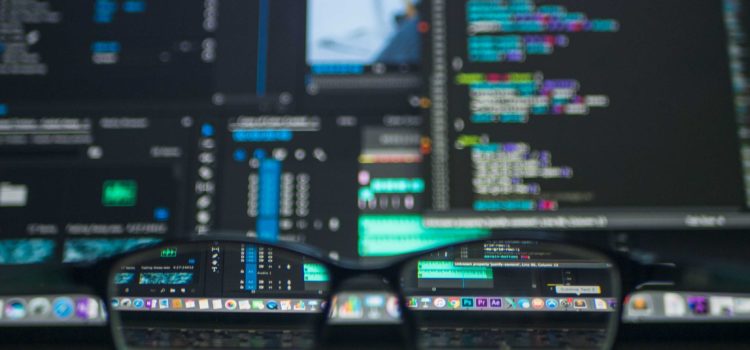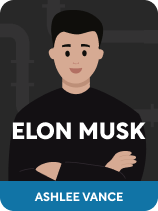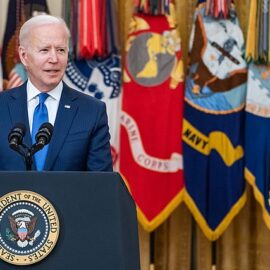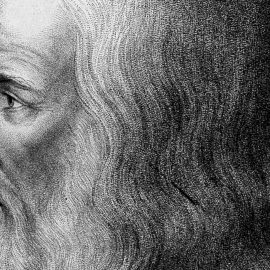
What did Elon Musk study in college? Why didn’t he get an advanced degree? How did he become a millionaire?
From the start, Elon Musk intuited a path that would align his skills and interests with his later successes in life. He used a solid educational grounding to create not one, but two successful software companies that propelled him to millionaire status.
Read more to learn about Elon Musk’s early career.
Elon Musk’s Early Career
Elon Musk’s early career was defined by the edge he was able to get in two new, growing markets—online business databases and Internet banking—by combining software engineering with business in college. Walter Isaacson explains that, though Musk considered pursuing a Ph.D. after graduating college in 1995, he worried he might miss the rising Internet boom and decided to go into business instead.
With $40,000 in financial support from his parents, Musk and his brother Kimbal designed an online business database which they merged with mapping software, creating the first program where users could look up a business’s address and see it displayed on a map. Dubbed “Zip2,” their company consisted of a small team of engineers whom Musk drove hard to work long hours, setting an example by also driving himself nearly to the point of exhaustion. In 1999, Compaq bought Zip2 for $300 million, planting the seed of Musk’s next fortune.
(Shortform note: 1995 was a bumper year for the internet and the computer industry. The global market for personal computers had grown by 25%, with Compaq and IBM in the lead. Microsoft released its landmark Windows 95 operating system, as well as the first version of Internet Explorer. Intel released its groundbreaking Pentium Pro central processing unit, and several new scripting languages made their debut, such as Java, Javascript, PHP, and MySQL. That year also saw the debut of the first fully computer-generated motion picture, Toy Story. Musk was correct to sense that the time was ripe for computer innovation.)
Musk’s next goal was to start an online bank, which he launched as X.com. Musk and his rival, PayPal, flourished because the auction site eBay created the need for online payment platforms. However, X.com and PayPal both suffered during the dot-com crash, and Isaacson writes that, to avoid a war of attrition, Musk and PayPal’s founders merged their companies into one bank that was X.com at its core, operating under the PayPal name. However, because Musk ignored warnings that PayPal was being used as a platform for financial fraud, the board removed Musk from his position of power. He still benefited to the tune of $250 million when eBay bought PayPal for $1.5 billion in 2002.
(Shortform note: Before Musk’s involvement, PayPal grew out of a product created by the Internet startup Confinity which was designed to facilitate payments on Palm Pilots, the precursor to modern-day smartphones. In The Founders, Jimmy Soni explains that Confinity originated the concepts of digital wallets and email money transfers, while Musk’s X.com focused on building a more general-purpose online bank. Before the merger of X.com and PayPal, both of the companies were aware of the other’s developments, and each believed their competitor was pursuing the wrong business strategy.)

———End of Preview———
Like what you just read? Read the rest of the world's best book summary and analysis of Ashlee Vance's "Elon Musk" at Shortform.
Here's what you'll find in our full Elon Musk summary:
- A biography of Elon Musk by renowned biographer Walter Isaacson
- Musk's traumatic South African childhood up until his Twitter takeover
- How Musk's Asperger's syndrome affected his childhood and relationships







Need aplication from Elon Musk interview to becoming a millionaire